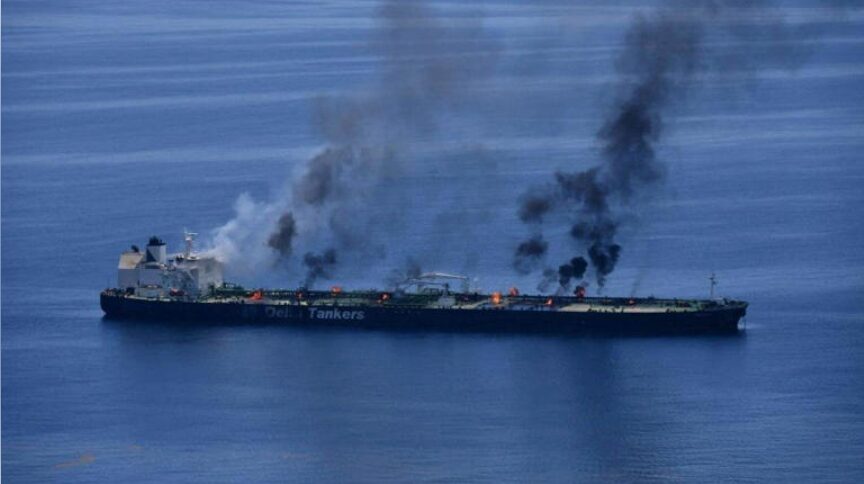On August 27, 2024, the United States reported that a tanker attacked by Houthi rebels in the Red Sea could be leaking oil, raising serious environmental and geopolitical concerns. The incident, which underscores the ongoing volatility in the region, has prompted urgent calls for international intervention and response.
The attack occurred on August 26, when Houthi rebels, a Yemeni militant group backed by Iran, targeted the commercial tanker as it navigated through the Red Sea near the Bab el-Mandeb Strait. The vessel, identified as the MV “Sea Breeze,” was struck by what appears to be a missile or drone, causing significant damage to its hull.
The U.S. Department of Defense has confirmed the attack and is closely monitoring the situation. According to Pentagon spokesperson Brigadier General Mark Harris, initial assessments suggest that the tanker is at risk of leaking oil, which could have catastrophic environmental impacts. “We are investigating the situation and working with international partners to assess the extent of the damage and to mitigate potential environmental risks,” Harris stated.
Environmental and Geopolitical Implications
The potential oil leak from the tanker poses severe environmental risks to the Red Sea’s marine ecosystem. The Red Sea, known for its unique biodiversity, could suffer from oil pollution, which would impact marine life and coastal communities. Environmental organizations are calling for immediate action to contain and address any potential spill. The International Maritime Organization (IMO) has urged all parties to cooperate in efforts to prevent an environmental disaster.
Geopolitically, the attack highlights the increasing instability in the region, particularly in maritime routes critical for global trade. The Red Sea is a key shipping lane for oil and goods, and disruptions here can have far-reaching economic consequences. The U.S. has condemned the attack and reiterated its support for Saudi Arabia and other Gulf allies in securing maritime routes.
International Responses and Measures
The attack has drawn condemnation from various international actors. The United Nations has called for a ceasefire and urged the Houthis to cease their attacks on civilian and commercial vessels. UN Secretary-General António Guterres expressed concern over the escalation and its impact on global shipping and regional stability.
The European Union has also condemned the aggression and called for an investigation into the incident. EU foreign affairs chief Josep Borrell emphasized the need for all parties to adhere to international maritime laws and avoid actions that could exacerbate regional tensions.
The attack on the tanker by Houthi rebels and the subsequent risk of an oil leak underscores the fragile security situation in the Red Sea region. As the U.S. and international community work to address the immediate environmental and security concerns, the incident serves as a stark reminder of the broader geopolitical challenges facing maritime trade and regional stability.
